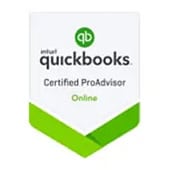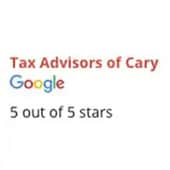On average less than 2% of over 90 million tax returns are selected for audit each year. The percentage increases for higher income groups and tax returns in areas of specific interest to the IRS. If you should receive notice from the IRS of an impending audit please remember:
- IRS computers usually flag the tax returns for audits. The vast majority of them are routine.
- Because of the flagging process, your audit will usually focus on one to three categories of your tax return.
- Audits do not automatically mean something is wrong. It is possible to receive a “no change” or even an additional refund as an outcome of an audit.
What to do if you are audited.
- Don’t panic. Open all correspondence and make sure you respond to all requested information in a timely fashion.
- Keep good records. Be prepared to support your tax return details. Do this as you prepare your tax records each year. This is the one most important things you can do.
- Ask for help. You are not a tax professional, the IRS auditor is. So get help and do so as soon as possible after receiving your notice. Let professionals deal with the IRS as much as possible.
- The best defense is a good offense. Identify the information in question and prepare as much as possible to defend your tax return prior to any meetings with auditors.
- Answer questions, do not volunteer information. Answer only the questions under review. It helps both you and the often over-worked auditor. Avoid attending meetings with an auditor on your own.
- Do not make it personal. Remember to be polite and avoid making editorial comments about anything other than what is being asked.
If you feel you are being treated unfairly remember there are numerous means within the system to help you, from talking to a supervisor to using the IRS taxpayer advocate service.








